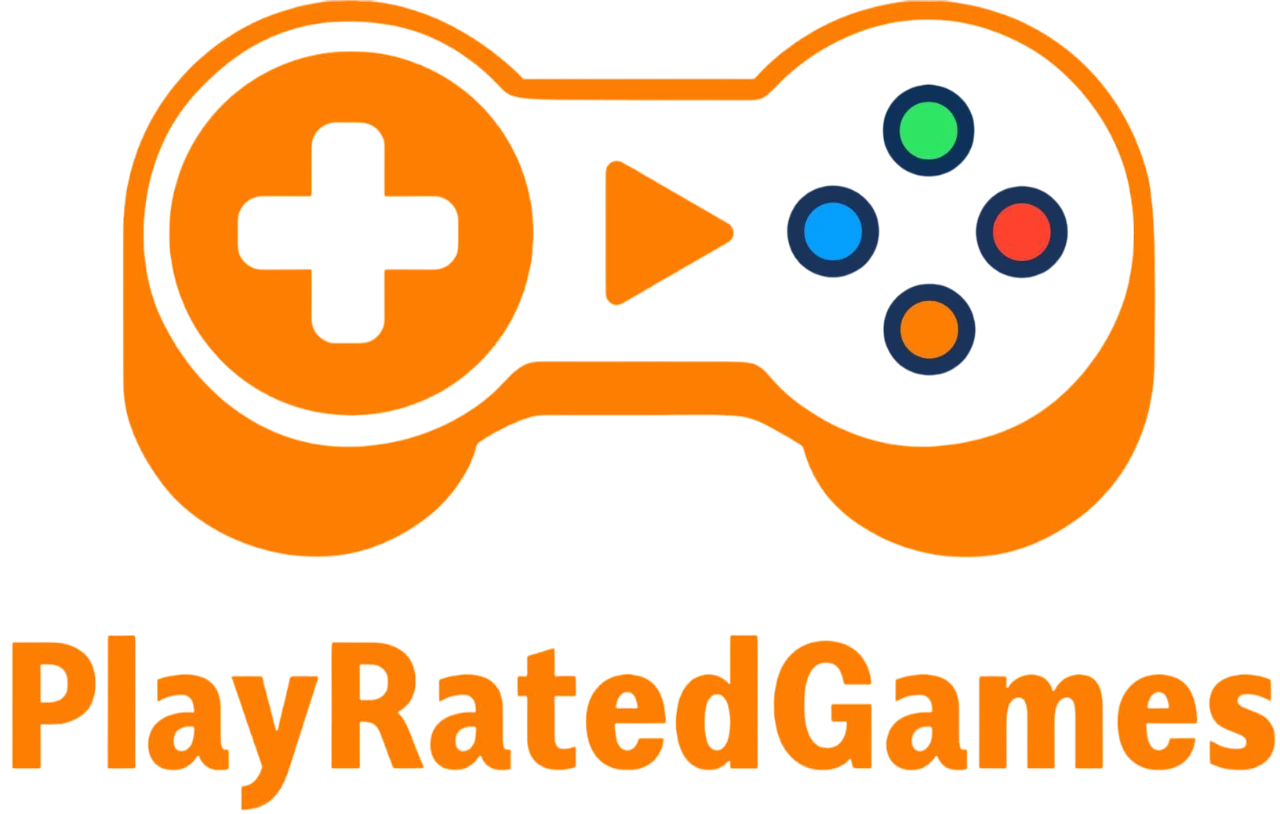Take-Two Interactive CEO, Strauss Zelnick, recently told IGN that BioShock 4, the franchise’s much maligned follow-up to a franchise not everyone is a fan of, will come out. Eventually.
The executive’s comments came as an answer to questions regarding the recent changes in its development leadership, after the game failed to meet expectations on an internal review.
But the thing is… Will it? Come out, I mean? Strauss did say so: “It’s going to come out. That I can say hand on heart, without question” were his words. But given the state of BioShock 4’s development, you’d be forgiven to think otherwise.
Note: Affiliate Disclosure: At PlayRatedGames, our content is made possible by our readers. If you purchase a game or product through links on our site, we may receive a small commission. This support helps us continue publishing honest, independent reviews. Our recommendations are based solely on what we believe offers real value to players — never influenced by affiliate partnerships.
So let’s break this down, shall we?
BioShock 4’s current state is bad, but also good?
Take-Two’s Commitment to BioShock 4
Take-Two Interactive, the parent company of 2K Games, has consistently expressed an unwavering commitment to the eventual release of BioShock 4. Strauss Zelnick’s firm stance underscores the strategic importance of the IP for Take-Two, likely viewed as a long-term investment rather than a short-term venture.
And it’s not without reason: even without the CEO’s statements, BioShock has an immense legacy. Ever since its Ken Levine days, the entire brand was established as a perfect mix between first-person shooters (a genre absolutely NOT known for its storytelling) and deep, detailed storylines. Not only did it manage to achieve great success, it raised the bar when it comes to game development in several aspects.
BioShock 4 development’s, however, was always meant to be “true to BioShock DNA on the one hand, and a massive step forward on the other hand”—again, Zelnick’s words, paraphrased. This might seem innocuous at first, but it serves as a testament of the difficulties Take-Two staff have on their hands: while being faithful to the IP’s success and cater to what made longtime fans, well, longtime fans, the game also needs to bring new stuff to the table—or risk alienating its own audience.
This ambition aligns with Take-Two’s overarching corporate philosophy: “to make the best entertainment, not necessarily the most entertainment”. Zelnick frequently reiterates that consumers will demand the best, that “good is the new bad, great is the new great,” which implicitly justifies extended development cycles in pursuit of exceptional quality.
Furthermore, Take-Two’s robust financial health provides the company with the capital to absorb the significant costs associated with such lengthy and complex development. Zelnick has openly stated that the company has the balance sheet for it , allowing them the luxury of adhering to their “great over good” philosophy, even if it means indefinite delays. This financial stability enables Take-Two to invest heavily over extended periods, a luxury not afforded to all developers in the industry.
In other words: throw money at the problem so it can be solved. That’s usually an issue for most publishers, but not here: so what’s with the hold up?
BioShock 4 current state of development
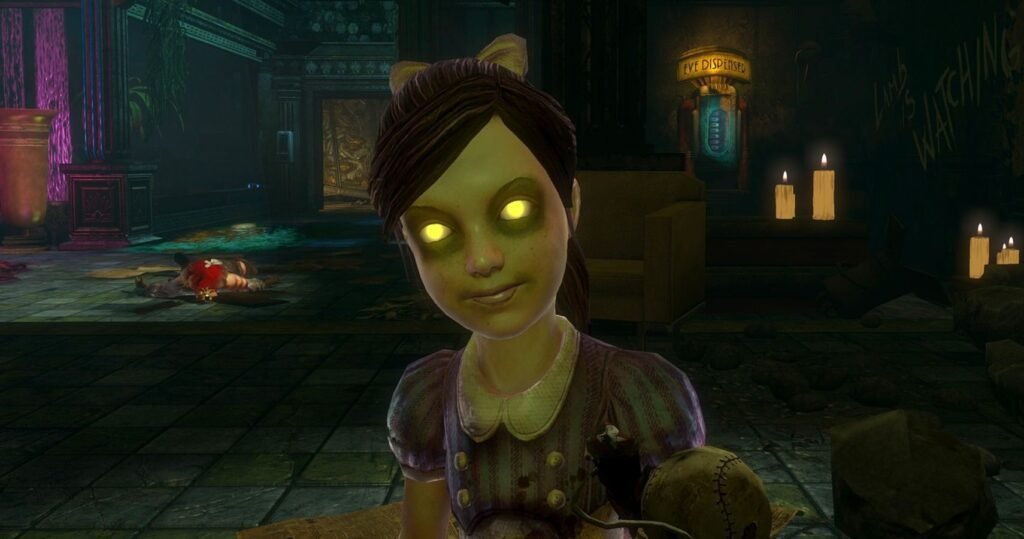
The official announcement of a new BioShock game came in 2019, coinciding with the formation of a new 2K studio, Cloud Chamber. This marked the formal beginning of what was then known internally as “Project Parkside”.
Ever since then, it was pretty much a barren desert with a lot of nothing in the context of news. BioShock has been mostly absent from most forums, news outlet cycles and, evidently, press releases from Take-Two itself.
The most significant recent development occurred in August 2025, when BioShock 4 reportedly failed a crucial internal review by 2K Games executives. The primary area of concern was the game’s narrative, which was deemed “particularly in need of improvement” and is now slated for a complete revamp. This is a substantial setback for a series where story and philosophical depth are paramount.
And we have stated earlier how “narrative” is kind of a big deal for BioShock fans.
In direct response to this, Cloud Chamber studio head Kelley Gilmore was ousted, her role reassigned to creative director Hogarth de la Plante, who now answers in a more “publishing” capacity within 2K Games, Take-Two’s subsidiary and the one responsible for publishing BioShock 4.
Reportedly, Cloud Chamber staff were also informed that the studio should adopt a more agile and efficient approach— two adjectives often seen as precursors to layoffs. Given the current state of the industry and its penchant for firing people and cancelling games, let’s just say “employment anxiety” can easily become a major problem for all parties involved.
In practical terms, BioShock 4 has yet to give any reason for an untimely demise. On the other end of the discussion, however, it hasn’t really done much in the sense of security and reassurance: it currently has no official release date, and the latest news suggest it likely won’t come out in 2025, probably not 2026, and 2027 is—and this might be important in the future—BioShock’s 20th anniversary. Adding to the franchise’s uncertain future, a full remake of the original 2007 BioShock was also “shelved earlier this year”.
It is also important to note that original BioShock creative director Ken Levine is not involved in BioShock 4’s development, as he is currently working on his own project, Judas, described as a “BioShock-looking shooter”. This absence is a significant concern for many fans who believe the “same magic” cannot be captured by new leadership.
Can we rely on Strauss?
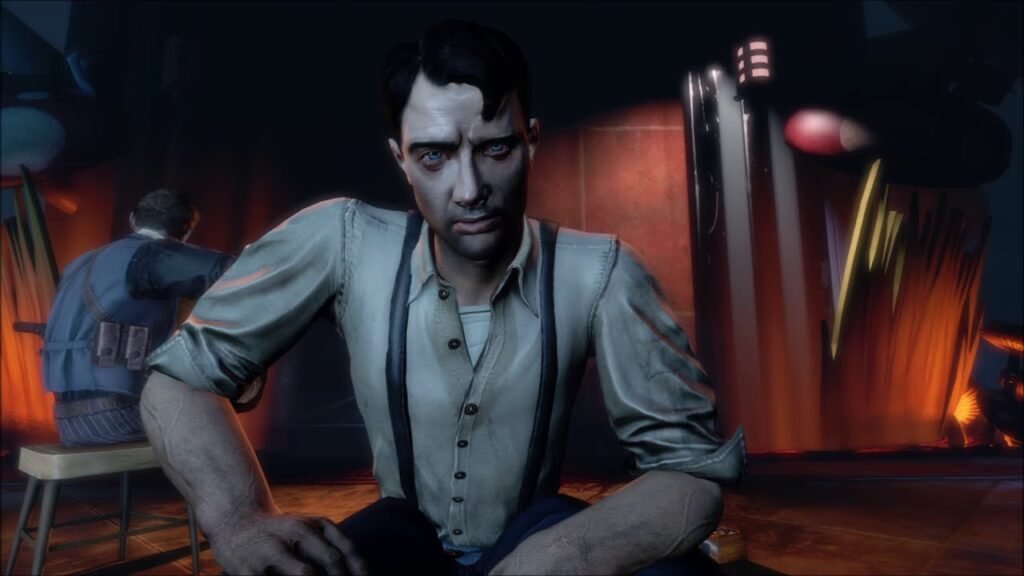
When evaluating Strauss Zelnick’s public statements, a nuanced perspective is required. While direct factual contradictions are largely absent, there are instances of strategic ambiguity and perceived inconsistencies that warrant examination.
Zelnick’s core messaging has been remarkably consistent: BioShock 4 will come out. Sooner, later, doesn’t matter: the game is officially, justifiably and, as much as Take-Two can, guaranteed to show.
The CEO consistently justifies long development cycles as a necessary response to consumer demand for quality and the increasing complexity of AAA games—which, in Take-Two’s case, has been mostly a good thing: Rockstar, another T-T subsidiary, likes to take its sweet time to develop Grand Theft Auto and Red Dead Redemption, for instance, and as beloved as those games are, fans are mostly ok with sitting and waiting for longer if the end result is the usual awesomeness these titles usually bring.
This, however, can mean a bad thing as well: the cancellation of the BioShock 1 remake, for example, aligns with his “fail fast” philosophy, where projects not meeting internal standards are terminated.
The tension arises, however, from the juxtaposition of this optimistic corporate rhetoric with the undeniable realities of BioShock 4’s prolonged and troubled development. His “hand on heart” promises stand against a backdrop of development hell that includes multiple reboots, high employee turnover, and the recent, significant narrative overhaul. The statement from 2K that they have a “good game” but are “committed to delivering a great one” is a prime example of strategic ambiguity, acknowledging issues without admitting outright failure.
Furthermore, Zelnick’s “value over cost” pricing philosophy can be perceived as inconsistent when viewed alongside Take-Two’s aggressive monetization strategies. His executive bonuses are increasingly tied to recurrent consumer spending (basically, the more DLCs you buy, the fatter executives’ wallets get), which accounts for a significant portion of Take-Two’s revenue: 83% of total net bookings, amounting to US$ 1.42 billion for the fiscal quarter that closed off last July—a 17% rise, compared to the same time period last year—pushed by things like Red Dead Online, Grand Theft Auto Online and other ventures.
This financial incentive structure can lead to game design decisions that prioritize microtransactions, drawing criticism from gamers who feel the core experience is compromised.
Another area of perceived discrepancy lies in his views on artificial intelligence. Zelnick consistently dismisses AI as an “oxymoron,” preferring the term “digital tools,” and asserts that it will not have a negative impact on Take-Two’s employment capacity. This contrasts with broader industry discourse and concerns about job displacement due to generative AI.
Lastly, his initial claim that the Grand Theft Auto VI leaks did not affect business , despite later reports of $5 million in costs and thousands of staff hours lost , represents a strategic understatement to manage public perception.
So, what we’re getting at here is: Zelnick’s statements are carefully crafted. He’s not outright lying to anybody, and his credibility is undeniably solid. However, that doesn’t mean he’ll actually answer questions. As a CEO, he’s supposed to project confidence and frame challenges as part of a rigorous pursuit of quality (which, again, is not a lie: challenges do bring opportunities to innovate and thrive).
Except he will avoid direct factual contradictions, which a portion of the public—the most passionate one— might perceive as inconsistent.
Final Thoughts: is BioShock 4 a Sinking City or a Sky Utopia?
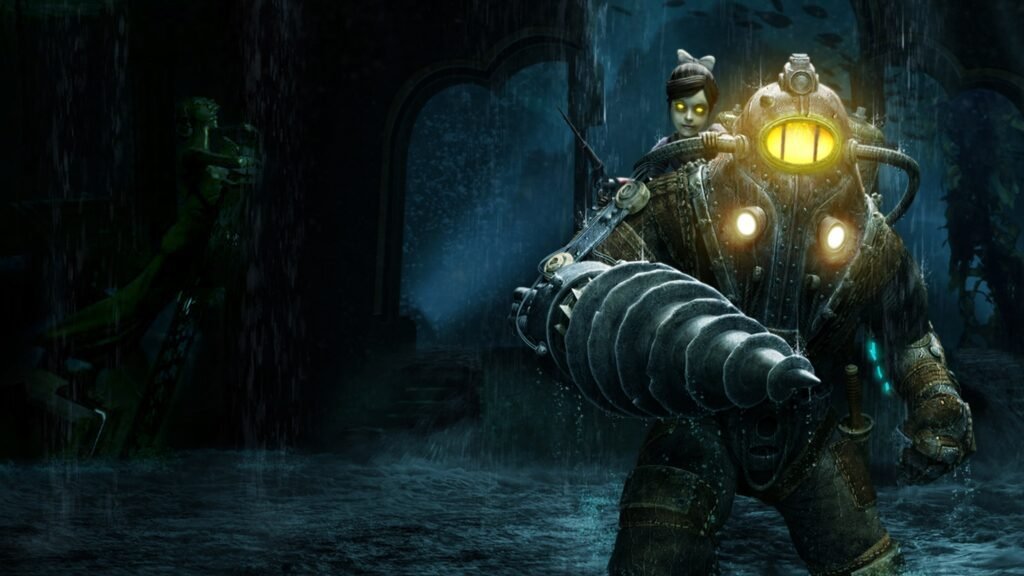
Judging by the latest developments, BioShock 4 is getting a major overhaul. The change in leadership and the current “internal review performance” bits can mean that anything is fair game for change, even it means further delays or, if the worst becomes worse, a full on cancellation.
Strauss Zelnick’s words are reassuring, and I’ll never be one to criticize a CEO that’s willing to stick his neck out and answer interviews that’ll most likely have him backed against the wall with less-than-comfortable lessons. I’ll even go one step further and state that several CEO’s out there, in and out of the gaming industry, should take a page from the man’s book.
In Brazil, we have an expression: “Dar a cara a tapa”, (“to offer your face for a slap”, in the literal translation). The fact that Zelnick is putting himself to face the heat can be an indication of the game actually having a final direction to follow and, perhaps, now being able to move forward in a more satisfying manner.
It does, however, also bring the inevitable perception of something being afoot: as trustworthy as he might seem now, Zelnick is still a CEO, and even though he is—yes, for the third time—not lying in any regard, he’ll have to bring Take-Two’s interests before anything else. That’s just how you play the corporate game, sadly.
Let’s just hope that the proverbial slap on Take-Two’s face ends in a “sorry we doubted you” than “I freaking told you so.”
